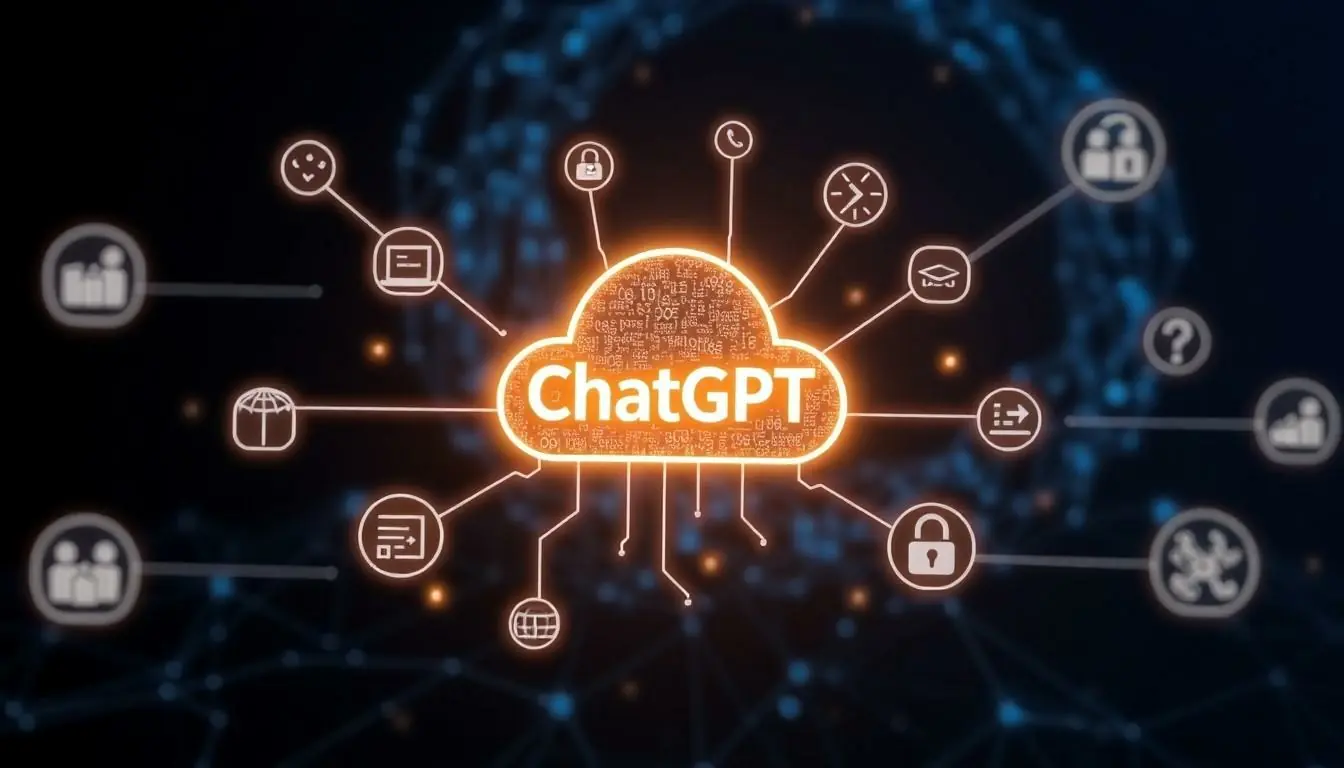Table of Contents
ToggleIn a world where information is just a click away, the question arises: can ChatGPT don its digital detective hat and scour the web for answers? Imagine having a witty assistant who not only understands your queries but also dives into the vast ocean of online knowledge to fetch the latest and greatest. Sounds like a dream, right?
Overview of ChatGPT
ChatGPT serves as an advanced conversational agent developed by OpenAI. This AI model utilizes deep learning techniques to generate human-like responses based on user input. Understanding natural language allows ChatGPT to engage users effectively.
Currently, it operates using pre-existing knowledge and training data without real-time web search capabilities. Responses derive from a mixture of licensed data, created data, and publicly available sources available up to October 2021. This limitation impacts its ability to provide the latest information from the internet.
Users benefit from ChatGPT’s proficiency in discussing a wide range of topics. Whether answering questions or providing explanations, it excels in delivering contextually relevant information. Nevertheless, the absence of web search means ChatGPT lacks access to updates or new data post-2021.
As a result, users seeking real-time facts or the latest news may find this aspect limiting. ChatGPT effectively synthesizes existing knowledge but can’t fetch current web content. Understanding this distinction is crucial for maximizing the effectiveness of interactions with the model.
Overall, while ChatGPT demonstrates significant language processing capabilities, it does not possess web search functionality. Thus, users should approach its responses with the understanding that information may not be the most current.
Understanding Web Search Capabilities

ChatGPT’s current design emphasizes interaction rather than web searching. It generates responses based on pre-existing knowledge, which limits its ability to provide real-time information.
How ChatGPT Processes Information
ChatGPT harnesses deep learning techniques to interpret user input. It analyzes context to construct human-like replies. Understanding a diverse range of topics comes naturally to this AI. It relies on a vast dataset gathered during its training phase. Previous content up to October 2021 serves as the foundation for its knowledge. This structured approach allows for coherent conversations, even while lacking web-sourced updates.
Limitations of ChatGPT’s Web Searching
ChatGPT does not access live internet data for responses. As a result, it cannot provide the latest news or updates. Current events and recent developments remain outside its reach. Users seeking timely facts might find this aspect lacking. Instances of misinformation or outdated information could occur as a consequence. Without real-time web searching capabilities, ChatGPT’s value diminishes for those needing up-to-the-minute insights.
Current Features and Future Improvements
ChatGPT presents a unique blend of conversational abilities and machine learning. It currently processes inquiries using knowledge up to October 2021, relying on pre-trained data for generating responses.
Expected Updates in ChatGPT Technology
Expected updates in ChatGPT technology aim to enhance user experience significantly. Developers focus on integrating real-time web search capabilities to provide up-to-date information. Improved algorithms will likely allow more accurate context analysis, tailored to user-specific queries. Regular updates will refine the model’s understanding of language nuances and enhance response relevance. Future enhancements may introduce features that improve data retrieval and fact-checking capabilities, diminishing the impact of misinformation associated with older data. Additionally, user feedback plays a crucial role in guiding these technological advancements, ensuring the tool evolves with user needs and expectations.
Use Cases for ChatGPT in Web Context
ChatGPT serves various functions in web contexts, despite its current limitations. One primary use case involves content generation. Businesses can utilize ChatGPT to create engaging articles, product descriptions, and social media posts, enhancing their digital presence.
Another significant application is customer support. Companies can implement ChatGPT to handle common inquiries, providing instant responses and improving user satisfaction. This efficiency in addressing user queries frees human agents to focus on more complex issues.
SEO optimization benefits greatly from ChatGPT. By generating relevant keywords and enhancing web content, ChatGPT aids in improving search engine rankings. Its ability to analyze user intent can also enhance content relevancy, driving organic traffic.
Furthermore, educational platforms can leverage ChatGPT for tutoring and informational support. Learners can ask questions and receive concise explanations on a wide array of topics, making it a valuable resource for independent study.
Market research represents another area where ChatGPT excels. Users can gather insights by querying ChatGPT for trends and consumer opinions, facilitating informed business decisions. The use of ChatGPT in this context streamlines research efforts, saving time and resources.
While ChatGPT lacks live web search capability, potential integrations could transform how it operates. Future updates might include real-time data access, significantly expanding its utility. As user feedback shapes ongoing improvements, ChatGPT’s role could evolve, offering more up-to-date and relevant assistance in various online environments.
ChatGPT stands as an impressive conversational agent with remarkable capabilities in generating human-like responses. While it currently lacks the ability to search the web for real-time information, its potential for future enhancements is promising. Developers are actively working on integrating live web search features to improve the accuracy and relevance of the information provided.
As technology evolves user feedback will play a vital role in shaping these advancements. This ongoing development could transform ChatGPT into an even more powerful tool for users seeking timely insights. Until then it remains a valuable resource for generating content and assisting in various applications despite its limitations in accessing the latest data.







